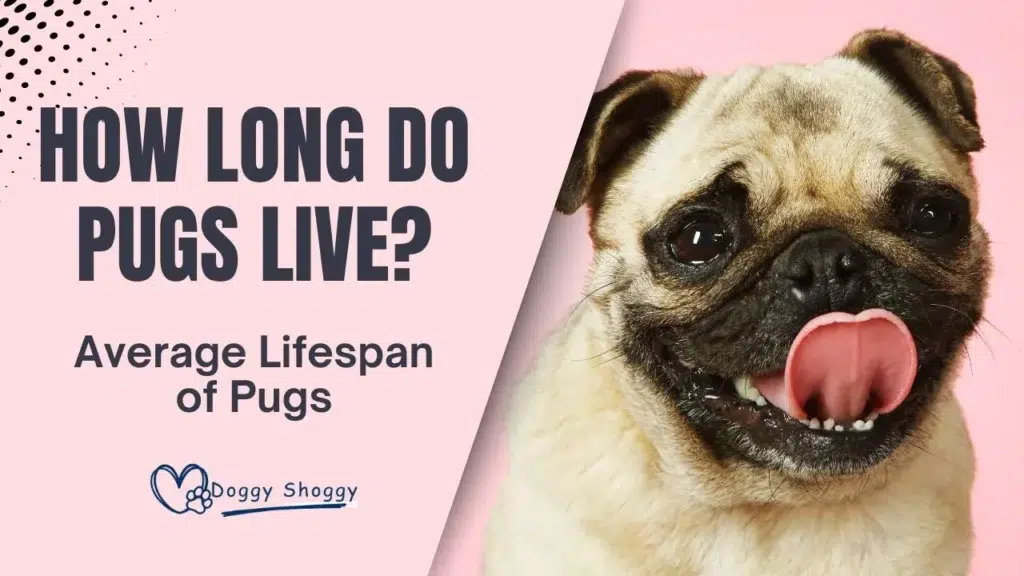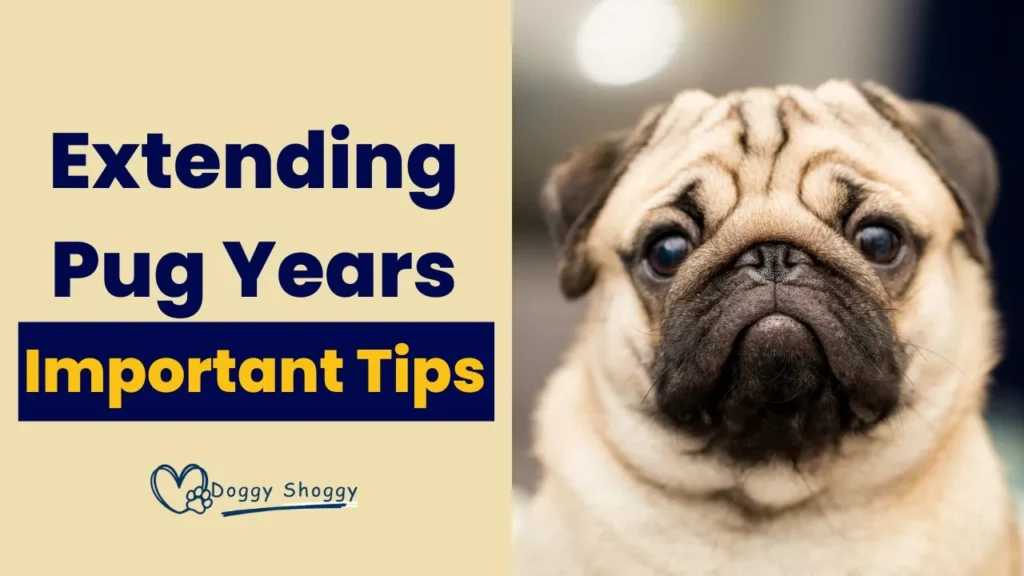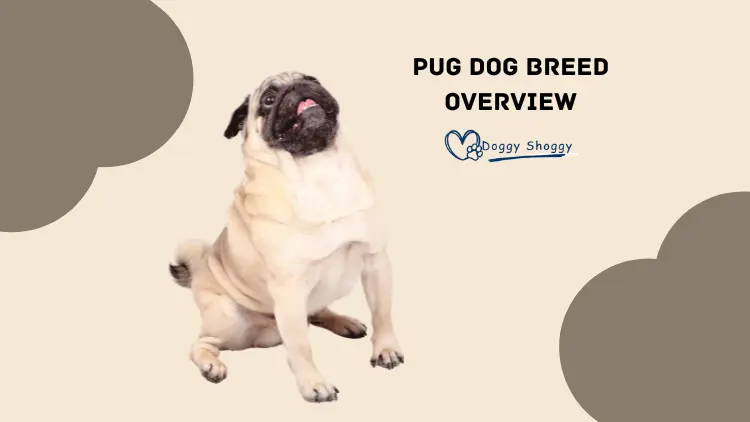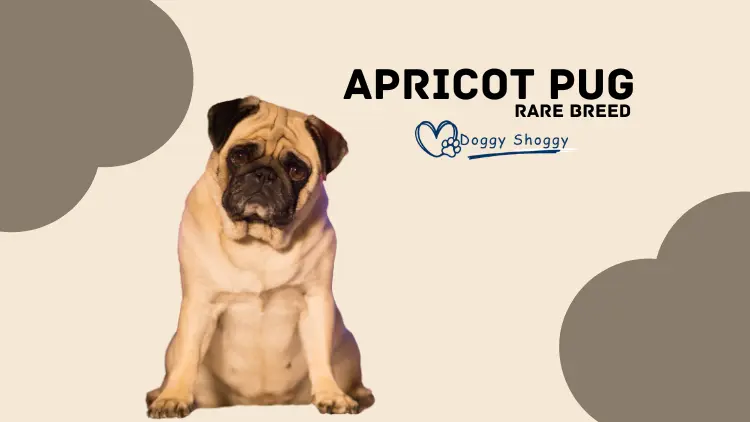How long do pugs live (Average Lifespan)?
Pugs are cute, fun friends we adore because of their wrinkly faces and unique personalities. But how long do pugs live? In this article, we’ll talk about how long they usually live!, ways to help them live longer, how their health affects their lifespan, differences in how long they live, and a simple conclusion.
How long do pugs live? | Average Lifespan of Pugs
Pugs are small dogs, but they bring lots of happiness to their owners. They usually live for about 12 to 15 years. If they’re taken good care of, some pugs can live even longer.

Genetics and Lifespan
Pugs genes from their parents affect how long they live. Pugs from good breeders who care about health and have different genes often live longer than those from other places who need to be more careful about these things.
Lifestyle Factors
How long do pugs live also depends on how it lives. If it gets exercise often, eats good food, sees the vet regularly, and is in a happy home, it can live longer and be healthier.
Quality of Life
Making sure pugs have a good life is important for their longevity. If they have a cozy home, things to keep their brains busy, and lots of time with people, they can be healthier and live longer.
Extending Pug Years: Important Tips
Even though genes are important, you can still do things to help your pug live longer and stay healthy and happy with you.

Balanced Diet
How long do pugs live? Giving your pug the right food that fits their needs is important for them to stay healthy and live longer. Talk to your vet to determine the best food plan for your pug based on how old they are, how much they weigh, and if they have any health issues already.
Regular Exercise
Even though pugs are small, they like being busy. Regular exercise is good for pugs because it helps them stay the right weight, keeps their hearts healthy, and makes their brains work. Take your pug for daily walks, play games with them, and let them check out new things to keep them interested if you’re concerned about how long do pugs live.
Veterinary Care
Regularly taking your pug to the vet is important to ensure they stay healthy and catch any problems early. The vet will give them shots to keep them safe from diseases, ensure they don’t have bugs like fleas or worms, take care of their teeth, and check for any health problems that pugs often have. This helps them live longer and be happier.
Health Impacts on Pug Longevity
Like other dogs, pugs can have health problems that might reduce their lifespan. Knowing about these problems is essential to taking the best care of your pug.
Brachycephalic Syndrome
Pugs are unique because they have short noses and flat faces, which makes them look cute. But this also makes them more likely to have trouble breathing, get too hot, and have problems with their teeth. These issues can affect how long pugs live and how healthy they are.
Readers Also Like:
Genetic Conditions
Pugs can have health problems from their parents, like issues with their hips, knees, and eyes. But if breeders are careful about who they choose to be parents and you take your pug to the vet often, it can help lower the chances of these problems and help your pug live longer.
Variations in Pug Lifespan
Even though most pugs live for about the same amount of time, some may live longer or shorter lives. This depends on things like their parents’ genes, how they live day to day, and whether they’re generally healthy.

Exceptional Longevity
How long do pugs live? Some pugs are lucky and live longer than most. This happens when they’re taken excellent care of, loved a lot, and looked after well by their owners. They get to have lots of happy, healthy years together.
Premature Mortality
If pugs aren’t properly cared for, bred without care, or get help for health problems, they might not live as long. How long do pugs live? If you take good care of your pug and take them to the vet when they need it, you can help them stay healthy and live a good life.
Bottom Line
How long do pugs live? Most pugs live for about 12 to 15 years, but if you take good care of them, they can live even longer, making your family happy for a long time. By ensuring they eat well, exercise, see the vet regularly, and know about any health problems they might have, you can help your pug live longer and have lots of memorable moments together.
Useful and Unique FAQs with Answers
What is the average lifespan of a pug?
The average lifespan of a pug is between 12 to 15 years, though some may live longer with proper care.
How long do pugs live? How can I help extend my pug’s lifespan?
You can extend your pug’s lifespan by providing a balanced diet, regular exercise or routine veterinary care, and a loving environment.
Are pugs prone to any health issues?
Yes, pugs are prone to specific health issues such as respiratory problems, obesity, and genetic conditions like hip dysplasia and eye problems.
How often should I take my pug to the vet?
Pugs should visit the vet at least once a year for routine check-ups, vaccinations, and screenings for common health issues.
What should I feed my pug?
Consult your veterinarian to determine the best diet for your pug, considering age, weight, and any existing health conditions.
Are pugs good with children?
Pugs are generally good with children and make excellent family pets due to their friendly and affectionate nature.
Do pugs require a lot of exercise?
Pugs enjoy staying active but don’t require excessive exercise. Daily walks and interactive playtime are usually sufficient to keep them healthy and happy.
How can I prevent obesity in my pug?
To prevent obesity, provide your pug with portion-controlled meals, avoid overfeeding or giving too many treats, and ensure they get regular exercise.
How can I prevent obesity in my pug?
To prevent obesity, provide your pug with portion-controlled meals, avoid overfeeding or giving too many treats, and ensure they get regular exercise.
Are pugs easy to train?
Pugs can be stubborn at times, but they can be trained effectively with patience, consistency, and positive reinforcement techniques.
Do pugs shed a lot?
Yes, pugs do shed, especially during seasonal changes. Regular grooming can help minimize shedding and keep their coat healthy.






